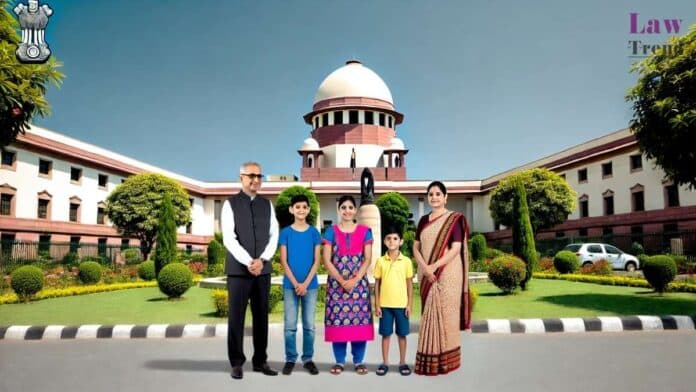In a pivotal judgment that underscores the primacy of familial obligations over financial claims, the Supreme Court of India has ruled that maintenance rights of a wife and children take precedence over creditors’ claims in recovery proceedings. The judgment, delivered in Criminal Appeal Nos. 5148-5149 of 2024, has far-reaching implications for the interpretation of maintenance
To Read More Please Subscribe to VIP Membership for Unlimited Access to All the Articles, Download Available Copies of Judgments/Order, Acess to Central/State Bare Acts, Advertisement Free Content, Access to More than 4000 Legal Drafts( Readymade Editable Formats of Suits, Petitions, Writs, Legal Notices, Divorce Petitions, 138 Notices, Bail Applications etc.) in Hindi and English.




